Hi Everyone,
In my inaugural posting on this forum (I've been a lurker for a while), I'm just fishing for ideas from people who may have been in the same boat as myself:
1) I live in an 80 year old 1.5 storey house in an older, established part of town (in Ontario, Canada). I believe the ground around me in this part of the neighbourhood is bedrock. I took possession of the house last week and my basement was finished by the previous owners.
2) I have a rubble concrete foundation that has zero waterproofing whatsoever. There is no sump pump, no weeping tile, no "membrane" wrapped around it. Without a dehumidifier, it is damp and musty down there. But when I use the dehumidifier, it seems quite pleasant down there and I've been able to get the relative humidity down to 45-50% even during these awful, cool, wet days of late.
3) I don't see any visible signs of structural stress on the main floor and upstairs. I don't see anything buckling or massive cracks anywhere. On one portion where the foundation is exposed (because there is a small hole in the parging that needs to be fixed), when I whack a hammer against the foundation, some of it does crumble off. Likewise, on the inside, where the electrical box is suspended, there does appear to be a small pile of sand/rubble on top of it (but I've just taken possession of the home and don't know how this got there).
4) My house inspector said I should get that portion of the foundation looked at (as discussed in point (3)). I called up two foundation people:
i) One guy went all crazy pointing out issues that are likely due to water getting in through the foundation (indicating I have big issues) but then when I asked another guy who specializes in mold and asbestos abatement (in basements/drywall/etc), he said there's no way this is due to foundation issues but due to a leak in a basement window and/or moisture wicking up from the floor (the drywall is touching the bare concrete!). The foundation guy just seemed extremely alarmist and was taking the "scared straight" approach to getting me to do business with him.
ii) The other guy (more experienced and came with a recommendation) didn't even need to come out to the place as he knows the neighbourhood, soils, and construction methods for the house I'm in quite well. He recommended that if I do the necessary waterproofing, I will no longer have any musty smell to contend with. He also suggested I pull down the drywall bit by bit and check the foundation by hitting it with a hammer. If it has a spongy feel to it, I have a problem...if it gives a solid, "tinny" sound, I'm probably good. He recommended I live in the house for 12-18 months to get a feel for things and see if there are any major changes in anything.
5) All the other people I've had come by the house (my contractor who specializes in older homes, a stucco guy who specializes in heritage houses, etc) say that my foundation is in much better shape than a lot of the older houses they've done work in and if it were up to them, they'd just let sleeping dogs lie.
Anyways, the $64,000 question for you guys:
A) Do I NEED to do this waterproofing on my foundation or is it just something that will improve the quality of life down in the basement (and reduce the need for a dehumidifier)? Will I really prolong the life of my foundation by doing this (provided I grade the landscaping and place eavestroughing along the roof to guide the water away from the property)?
B) How will I know if I have a serious foundation issue? Is the "cure" worse than the "disease"? I'm just concerned that digging all that stuff up around the house is going to destabilize everything and create more problems than I had originally (even though it is not readily apparent that I even have a problem that needs immediate attention). Also, the experienced foundation guy posited that I could still have major foundation issues even though there are no visible structural issues on the upper floors.
Thanks,
Sean.
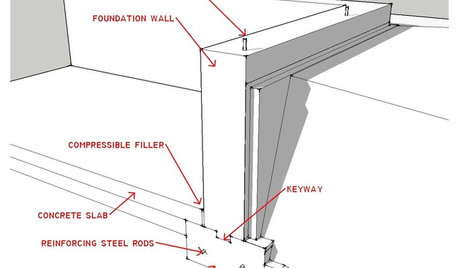
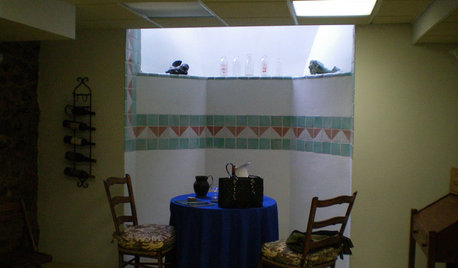
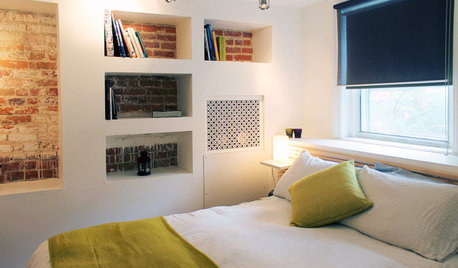
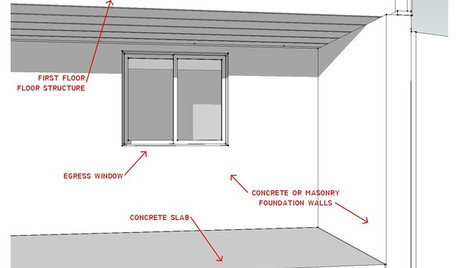
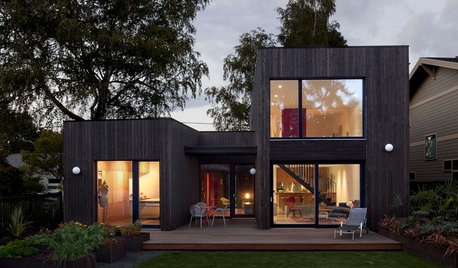
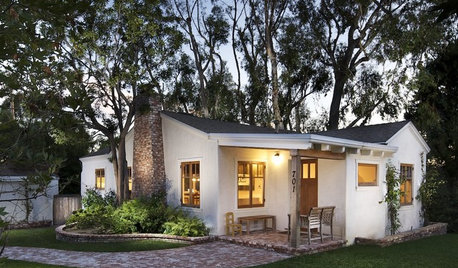
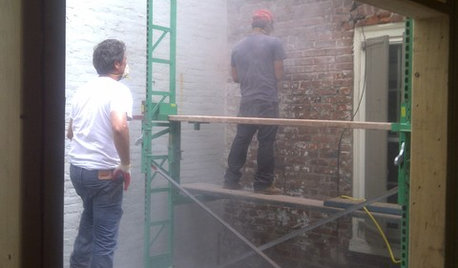
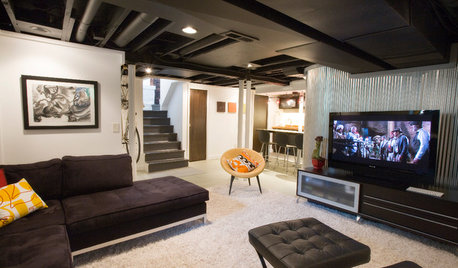
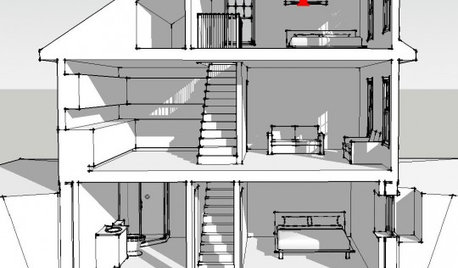
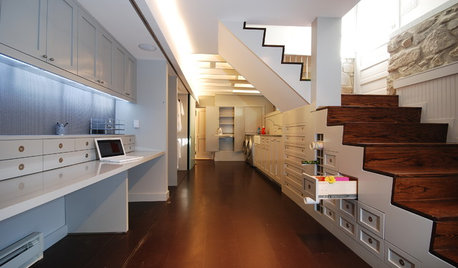






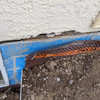
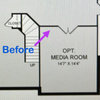
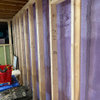
worthy
sue36
Related Professionals
Boardman General Contractors · Country Club Hills General Contractors · Los Lunas General Contractors · Rancho Cordova General Contractors · Richfield General Contractors · River Forest General Contractors · Rock Island General Contractors · Wright General Contractors · Canton Flooring Contractors · Corona Flooring Contractors · Maltby Flooring Contractors · Stevens Point Flooring Contractors · Tampa Flooring Contractors · Turlock Flooring Contractors · Winchester Flooring Contractors